Latest NRAO News
News is managed by NRAO News & Public Information. Questions about News? Have a story to share? Want to interview a scientist or create new media about our telescopes?
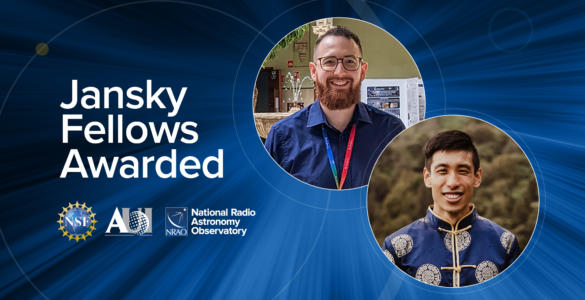
As a part of its central mission to nurture and inspire the next generation of radio astronomers, the National…
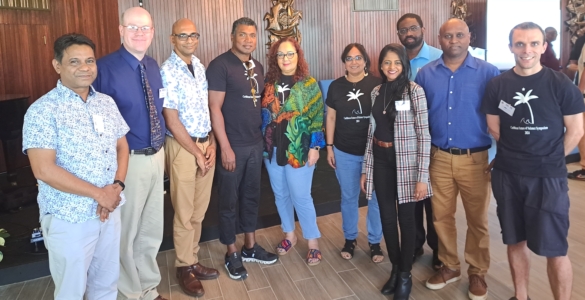
The National Radio Astronomy Observatory (NRAO) participated in an international symposium to bring together scientists from around the world to the Caribbean, to explore the future of science and technology in the region, the abilities of its resident scientists, and those in diaspora.
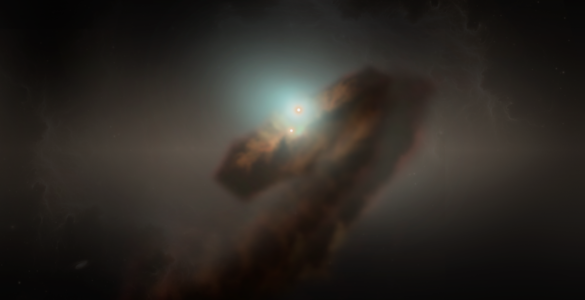
An unusual group of stars in the Orion constellation have revealed their secrets. FU Orionis, a double star system, first caught astronomers’ attention in 1936 when the central star suddenly became 1,000 times brighter than usual. This behavior, expected from dying stars, had never been seen in a young star like FU Orionis. The strange phenomenon inspired a new classification of stars sharing the same name (FUor stars). FUor stars flare suddenly, erupting in brightness, before dimming again many years later. It is now understood that this brightening is due to the stars taking in energy from their surroundings via gravitational accretion, the main force that shapes stars and planets. However, how and why this happens remained a mystery—until now, thanks to astronomers using the Atacama Large Millimeter/submillimeter Array (ALMA).

The Atacama Large Millimeter/submillimeter Array (ALMA), renowned for observing the cosmos’s darkest and most distant corners, has taken a…
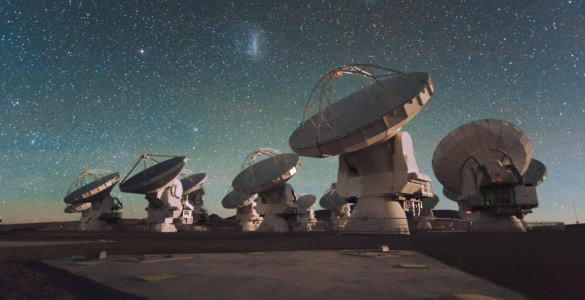
Jupiter’s moon Io is the most volcanically active place in the solar system. During its 1.8-day orbit, this moon…
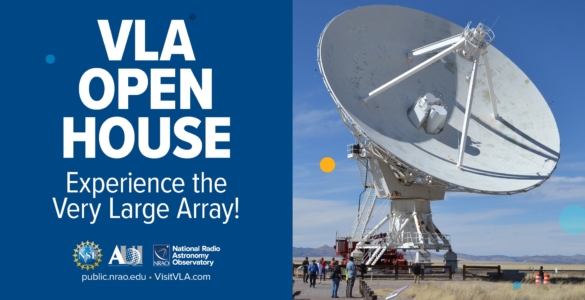
The VLA Spring Open House promises a day filled with enriching experiences, including guided tours, captivating talks, educational activities, and a variety of local food options.





